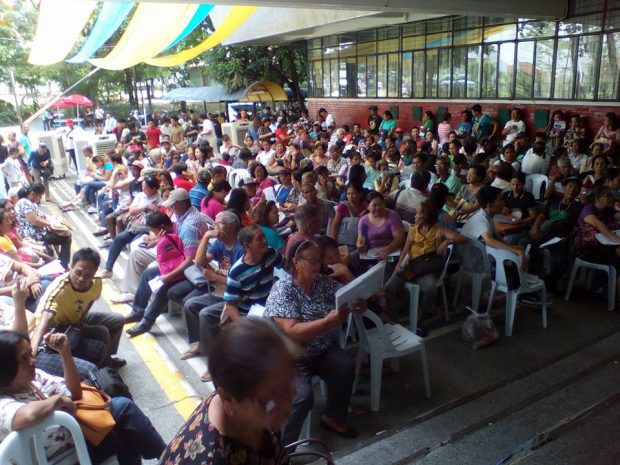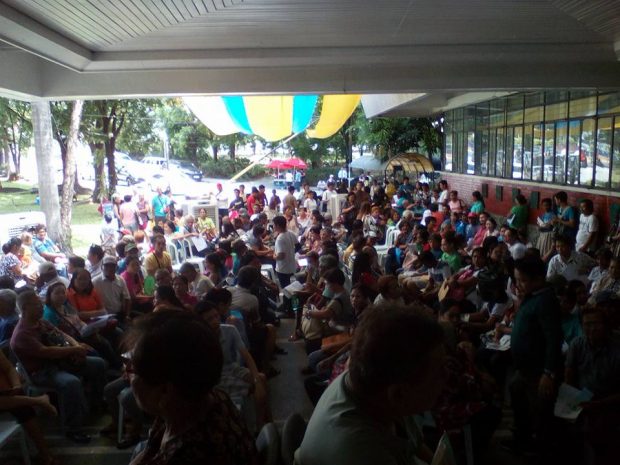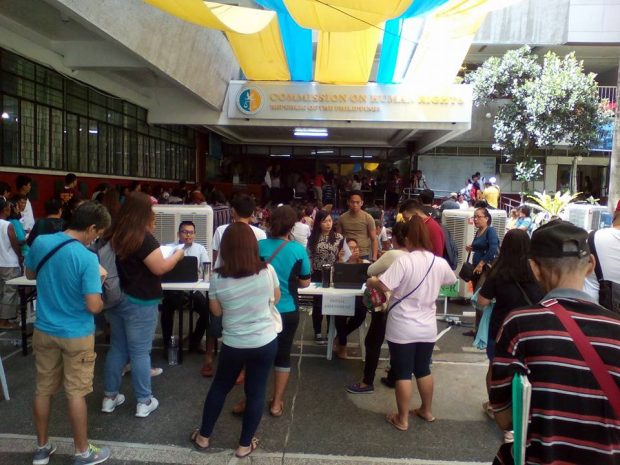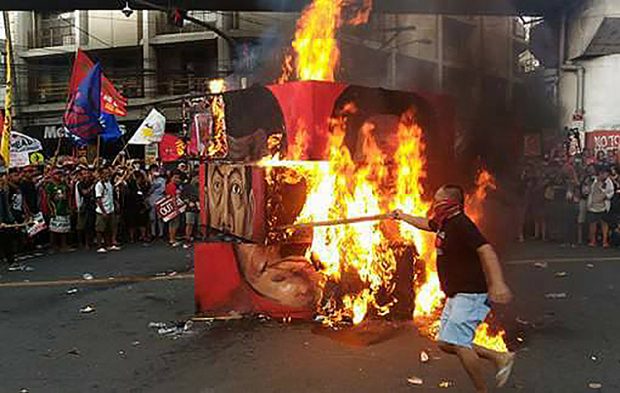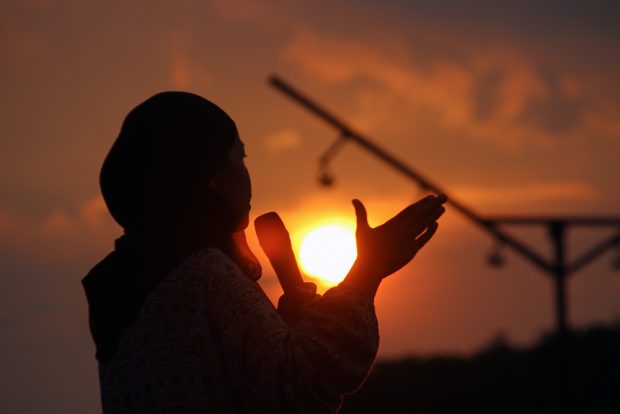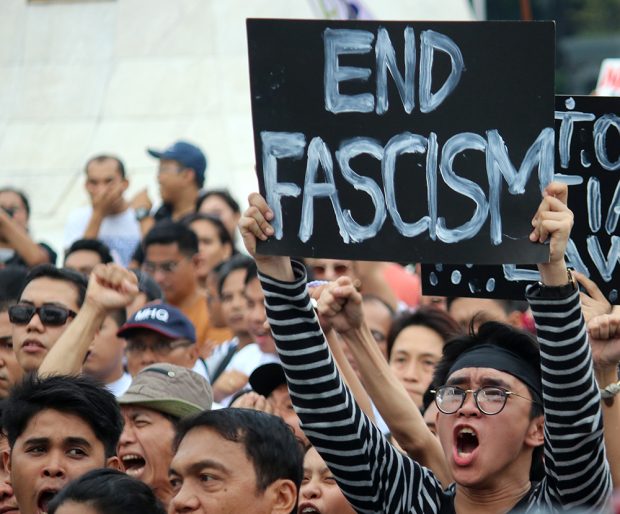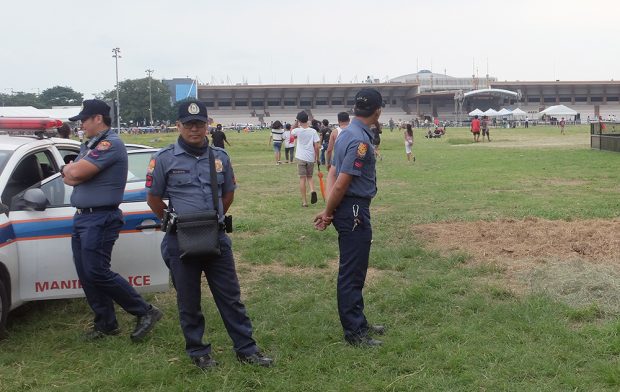By Luis V. Teodoro
Within months of his coming to power in 2016, President Rodrigo Duterte’s profanities, tirades, threats, outrageous remarks about women, human rights, heads of foreign states, and what he was actually doing, had called the attention of international media — in Japan, the United States and Europe — to what was happening in the Philippines.
As early as his first 100 days in office, and as the number of extrajudicial killings of suspected drug users and pushers including women and children from the poorest communities escalated, they called him “serial killer,” “the punisher,” and a human rights violator indictable before the International Criminal Court (ICC) for crimes against humanity. In his second year in power they called him a “populist dictator” and a tyrant (“strongman”) in the same company as Turkey’s Recep Tayyip Edrogan and Russia’s Vladimir Putin.
In almost every case, however, the journalists who were mostly reporting on the human rights crisis in the Philippines reminded readers that Mr. Duterte was “democratically-elected.” Some also pointed out that the 16 million votes he amassed in a field of five candidates for president (Manuel Roxas II, Miriam Defensor Santiago, Grace Poe, Jejomar Binay and Duterte), although less than 40 percent of the total votes cast, was practically a landslide.
Both why he won, despite his admitted links to the Davao Death Squad and his threat to kill 100,000 during the anti-illegal drug campaign he vowed to launch once in power, and his continuing popularity despite the police bloodbath he encouraged, were among the questions they tried to answer.
Among the answers they proffered, based on their interviews with Filipino sources and their own analysis, was that the voters were weary of the corruption and inefficiency of past administrations, and that the tough-talking Duterte appealed to the millions of Filipino poor who have long wanted change, particularly an end to the criminality that haunts both city and countryside, and who saw no other way to achieve it except by killing criminals without recourse to legal niceties.
To this day, 70 percent of adult Filipinos think that the “war” on drugs is Mr. Duterte’s crowning achievement despite its horrific cost in lives and its enshrinement of the use of State violence as the first and at times the only “solution” to the country’s problems. Although it has always been every regime’s weapon of choice against critics, protesters, human rights defenders, political and social activists, environmentalists, indigenous peoples defending their right to their ancestral domain, and anyone else committed to the democratization of Philippine governance and society, killing as State policy has never been as openly endorsed by any president and as widely supported by his partisans than today.
Both its adoption as State policy and the support for it are premised on the assumption that crime, the drug problem included, can be eliminated by simply doing away with suspected wrong doers. That those killed in anti-drug police operations were denied their right to due process and a fair trial has been dismissed so often and so loudly on the argument that they’re necessary it has endowed lawless violence with a cloak of legitimacy. The policy ignores the social and economic roots of criminal behavior, the persistence of the culture of impunity which too often penalizes the innocent and absolves the guilty, and in many cases, the demonstration effect of the wealthy and well-connected’s literally getting away with murder that encourages gangsterism and criminality.
Together with the promotion of killing as State policy, however, is mass indifference to, and even support for, the return of dictatorship, which Mr. Duterte himself has proposed as the quick-fix solution to the country’s complex problems.
No one can blame the foreign press and other observers for being deeply surprised at the seemingly wide support for the dictatorship option. After all, did not Filipinos overthrow the Marcos terror regime only 32 years ago? Didn’t that regime imprison 100,000 men and women and kill over 3,000 of the Filipino people’s best and brightest sons and daughters? Didn’t it bloat the foreign debt from less than a billion US dollars to 30 billion? Didn’t it so empower the military it made civilian supremacy over the country’s security forces a joke?
Filipinos did oust Marcos in 1986 — and the Marcos dictatorship did all that, and worse. But many Filipinos today think that the period from 1973 to 1986 was some sort of golden age.
Their ignorance of that time proceeds from a number of causes, among them the failure of the administrations after that of Marcos’ to make sure that succeeding generations will understand what really happened. The creation of a truth commission in the manner of similar bodies in South Africa after apartheid, or in Chile after the collapse of the Pinochet dictatorship, was ever contemplated by the fragile, coup-threatened Corazon Aquino administration. The administrations that succeeded hers were focused on remaining in power, hardly cared about the threat of dictatorship, and were in fact more than willing to welcome the Marcoses back after Ferdinand Marcos’ death in 1989.
The Marcoses’ return to power — in fact the possibility today that Ferdinand Marcos Jr. could be actually be president — is as difficult for foreign observers to fathom as many Filipinos’ support for a despotic president. Both are quite simply based, not solely on lack of information, but also on false information.
But that false and misleading information has become deeply rooted in the minds of many Filipinos isn’t due only to the failure of the generation that lived through the dictatorship to impart its lessons to the next. It’s also because of the unwillingness of the dynasties in control of the Philippine State to break from that sordid past, they being one and the same in economic and political interests as the Marcoses and their cronies, many of whom are back in power in both the national and local governments. Mr. Duterte’s pro-Marcos idolatry and declared preference for martial law and dictatorship have also contributed to his partisans’ clueless support for the Marcoses and for the return of authoritarian rule.
Quite openly and often accompanied by threats of physical harm against those who disagree with them, however, the apostles of “strong government” justify murder as a State prerogative in combatting crime, in the process intensifying the country’s descent into chaos and even worse violence.
Because support for what amounts to fascist rule is based on ignorance — of history, human rights, and democratic ideals — what is clearly needed is a campaign to educate the vast majority on such issues as what happened during the Marcos dictatorship, its economic, social, political and cultural costs, and the imperative of resisting any attempt to restore a rehashed version of it. What this country needs in these times of lies, hate speech, unreason and the unprecedented use of State violence is an information revolution.
Now the unashamed advocate of that foul period in history, government is so obviously unwilling and incapable of doing it. On the media, the churches, the schools, human rights defenders and on non-governmental, sectoral and people’s organizations has therefore fallen the task of combatting the ignorance that kills, and replacing it with the understanding of issues and events that can stop the ongoing slaughter of the poor, regime critics and protesters, and halt the rise of another homegrown tyranny.
First published in BusinessWorld. Photo from PCOO.

